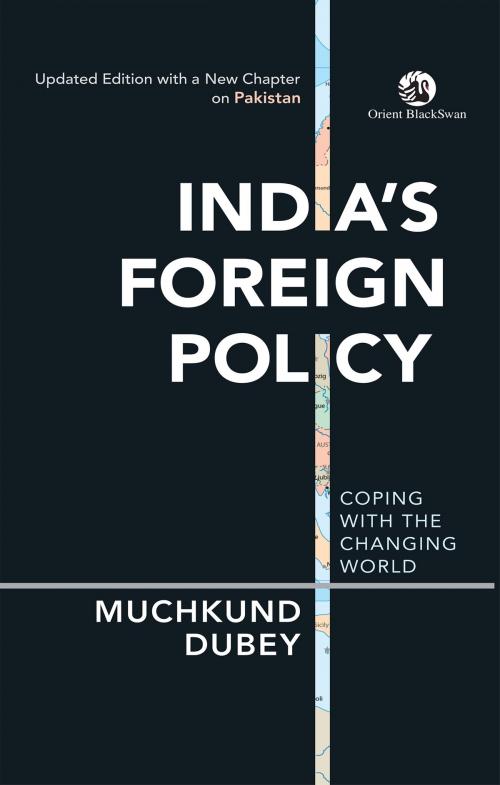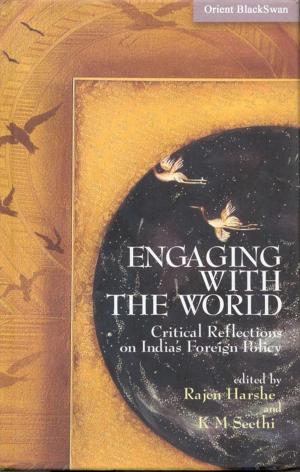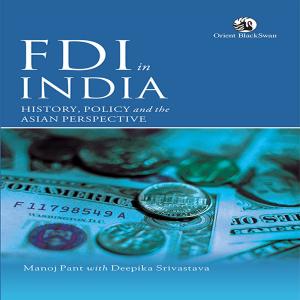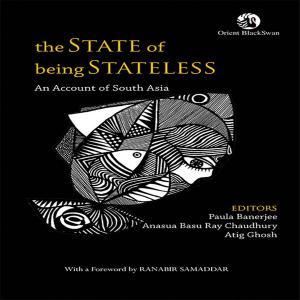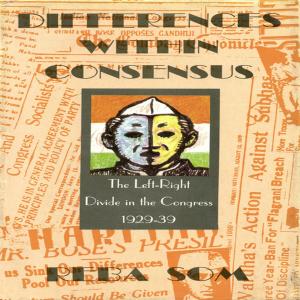India’s Foreign Policy
Coping with the Changing World
Nonfiction, Social & Cultural Studies, Political Science, Politics, Economic Policy| Author: | Muchkund Dubey | ISBN: | 9788125061380 |
| Publisher: | Orient Blackswan Private Limited | Publication: | June 15, 2016 |
| Imprint: | Language: | English |
| Author: | Muchkund Dubey |
| ISBN: | 9788125061380 |
| Publisher: | Orient Blackswan Private Limited |
| Publication: | June 15, 2016 |
| Imprint: | |
| Language: | English |
India’s Foreign Policy: Principles, Challenges and Strategies traces the values and principles that have shaped India’s foreign policy and its evolution starting from the Non-Aligned Movement, up to the end of the Cold War; decline of multilateralism and the nation state; and the challenges of globalization.This updated edition includes a new chapter on Pakistan. It examines the complexities in IndiaPakistan relations and in that context discusses Pakistan’s polity, society, economy and the overall thrust of its foreign policy. It also advances compelling arguments for improving relations with Pakistan and discusses various approaches towards achieving this purpose including resumption of dialogue and solving outstanding bilateral problems. It further outlines a blueprint for economic cooperation.The book has a separate chapter on how to deal with our neighbours—Pakistan, Bangladesh, Nepal, Sri Lanka, China, Bhutan. it presents a comprehensive analysis of India’s economic relations with Bangladesh. It discusses in detail the recent initiatives for improving Indo-Bangladesh cooperation.This volume further looks at India’s relations with world powers like the United States (US), Russia, China and Japan, the diversity and dimensions acquired by the Indo-US strategic partnership, the long-term vision of Indo-Russian collaboration in the realm of nuclear energy and India’s response to Chinese initiatives that have the potential of bringing about changes in the world order.The book also analyses and suggests appropriate strategies for meeting the challenges of other recent developments having far-reaching consequences for India in the coming years. These include China’s rise as a global power, the shift of economic power balance from the US and Europe to Asia, the Indo-US nuclear deal, emergence of a new generation of regional and inter-regional economic groupings, and the role of the Indian diaspora in influencing India’s development and foreign policy.This volume, with its insightful and informed analysis from a renowned expert in and practitioner of India’s foreign policy, will be indispensable for undergraduate and postgraduate students and scholars of foreign policy, international relations and political science It will also be useful for government bodies and policy think tanks.
India’s Foreign Policy: Principles, Challenges and Strategies traces the values and principles that have shaped India’s foreign policy and its evolution starting from the Non-Aligned Movement, up to the end of the Cold War; decline of multilateralism and the nation state; and the challenges of globalization.This updated edition includes a new chapter on Pakistan. It examines the complexities in IndiaPakistan relations and in that context discusses Pakistan’s polity, society, economy and the overall thrust of its foreign policy. It also advances compelling arguments for improving relations with Pakistan and discusses various approaches towards achieving this purpose including resumption of dialogue and solving outstanding bilateral problems. It further outlines a blueprint for economic cooperation.The book has a separate chapter on how to deal with our neighbours—Pakistan, Bangladesh, Nepal, Sri Lanka, China, Bhutan. it presents a comprehensive analysis of India’s economic relations with Bangladesh. It discusses in detail the recent initiatives for improving Indo-Bangladesh cooperation.This volume further looks at India’s relations with world powers like the United States (US), Russia, China and Japan, the diversity and dimensions acquired by the Indo-US strategic partnership, the long-term vision of Indo-Russian collaboration in the realm of nuclear energy and India’s response to Chinese initiatives that have the potential of bringing about changes in the world order.The book also analyses and suggests appropriate strategies for meeting the challenges of other recent developments having far-reaching consequences for India in the coming years. These include China’s rise as a global power, the shift of economic power balance from the US and Europe to Asia, the Indo-US nuclear deal, emergence of a new generation of regional and inter-regional economic groupings, and the role of the Indian diaspora in influencing India’s development and foreign policy.This volume, with its insightful and informed analysis from a renowned expert in and practitioner of India’s foreign policy, will be indispensable for undergraduate and postgraduate students and scholars of foreign policy, international relations and political science It will also be useful for government bodies and policy think tanks.
